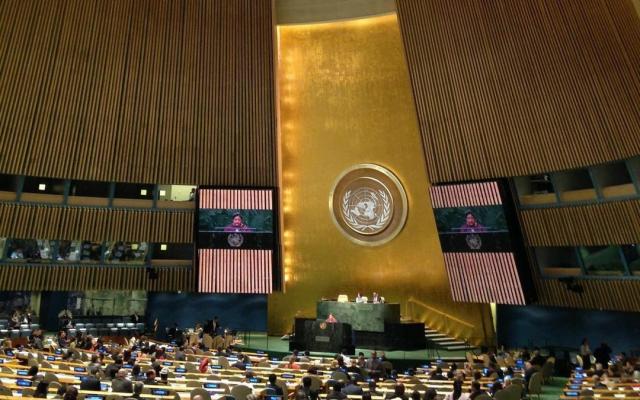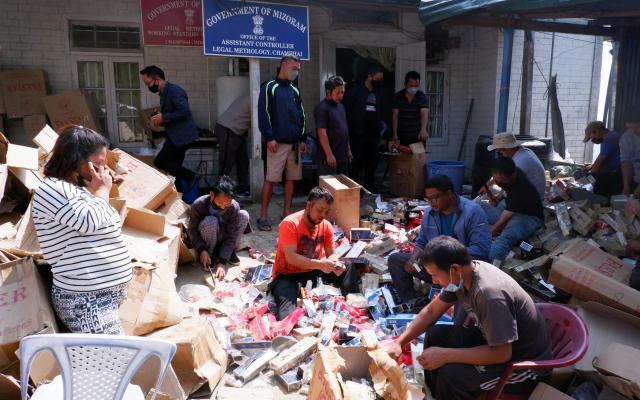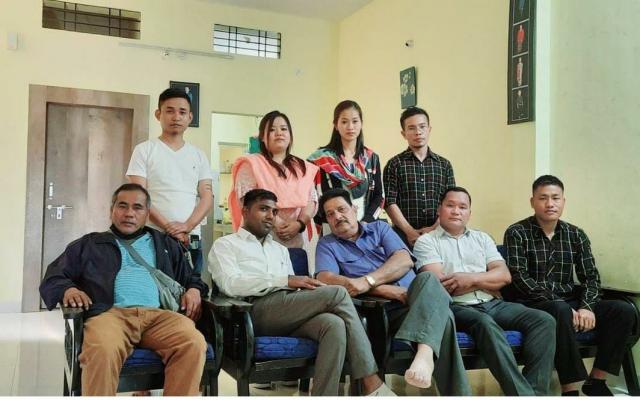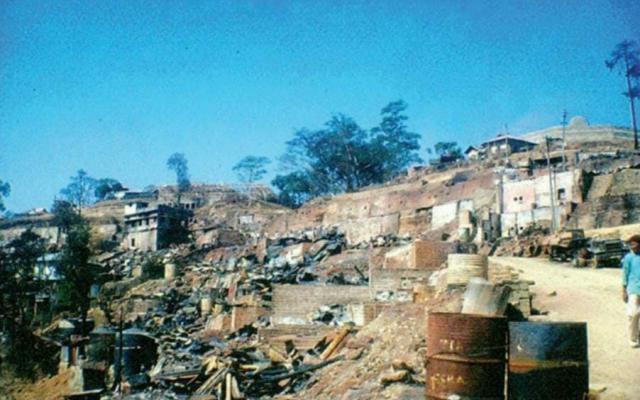Alinery Lianhlawng, Founder and CEO of Rochun: Pay It Forward delivered a statement on several Mizo and Myanmar refugee issues at the 22nd Permanent Forum on Indigenous Issues currently held at UN Headquarters in New York from 25th April to 6th May.
Alinery is a 30 year old woman who is currently living in Oxford, United Kingdom. She was born in Sangau, Mizoram and graduated with a Masters in Business Administration at the University of Sussex in 2019. She pioneered a venture to create school libraries for marginalised communities in her home state in India. She is a mentor and Rising Star at Wedu Organization, a TEDx Speaker and a community change-maker for her indigenous tribe’s in Mizoram, India. Aside from her social venture, Alinery works as a strategy manager at an IT company based in Oxford, United Kingdom upon finishing her MBA.
One of her topics in her presented statement include the KALADAN PROJECT, a 484 million USD project of combined inland waterways and highway transportation systems connecting Mizoram State in Northeast India with seaports in Kolkatta, Sitetway and Arakan State in Western Myanmar. The Indian government is entirely financing the Kaladan Project and seeks to ease India’s access to Southeast Asia. Once completed, the infrastructure will belong to the Myanmar government, but the project is unquestionably designed to achieve India’s economic and geostrategic interests. The Kaladan Project is being developed on indigenous people’s land both in Arakan and Chin States - Burma’s least-developed and most poverty-prone states – as well as in Mizoram, India where improved infrastructure is badly needed.
According to Alinery's report, her foundation Rochun started research and investigation on this project since 2012 and to date, six major negative impacts have been experienced by people living along the Kaladan Project route such as lack of consultation, information, and transparency, environment destruction in the form of road construction and spoil bank leading to climate change, labour discrimination and land confiscation and unfair compensation. She argued that the implementation of the Kaladan Project should have been fully transparent and should have ensured full local public consultation and participation,with the benefits of the project going to the least advantaged communities and accountability for all the stakeholders involved in the project.
To ensure respect for the rights of indigenous peoples in business and development contexts, recommendation for both governments of India and Myanmar were given by various indigenous organization and local NGOs to include participatory consultations with local people.
Unfortunately, impact measurement and assessment from either governments or third parties such as international organizations is not conducted nor implemented. Therefore, Rochun urgently asks for UN support in examining the current impact in the projects area at this early stage of project implementation.
This project in the name of “Development” will result in the indigenous Zos, Lais and Chin people of India and Myanmar losing their lands, resources, and livelihoods. The international trade and business conducted in these areas will bring the loss of culture and languages, disintegration of their social bonds and erosion of their overall identity in the foreseeable future.






